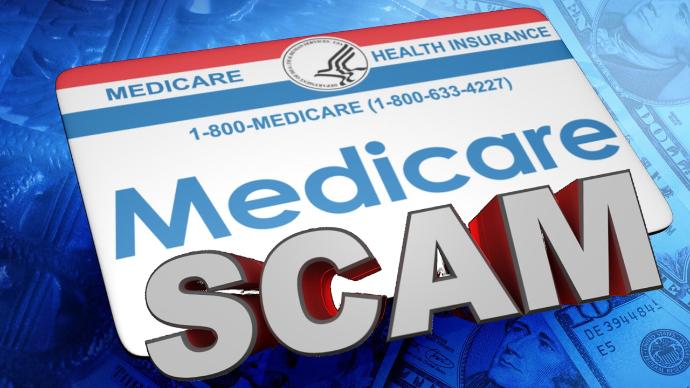Stay alert for fraud Medicare COVID-19 scams during this national emergency. Con artists like to take advantage of people when they’re distracted.
Unfortunately, scammers are using the COVID-19 pandemic to try to steal your Medicare Number, personal information, and money. And they’re using robocalls, social media posts, and emails to do it.
Remember, if anyone reaches out to get your Medicare Number or personal information in exchange for something, you can bet it’s a scam.
Be on the lookout, so you can stop scams before they happen. Here are recent Coronavirus scams to watch for:
- Robocalls offering you respiratory masks they’ll never send
- Social media posts fraudulently seeking donations for non-existent charities, or claiming to give you stimulus funds if you enter your bank account information
- Fake testing kits, cures, “immunity” pills, and offers for protective equipment
Visit Medicare.gov/fraud for more information and tips on preventing Medicare scams and fraud.
Con artists may try to get your Medicare Number or personal information so they can steal your identity and commit Medicare fraud. Medicare fraud results in higher health care costs and taxes for everyone.
Protect yourself from Medicare fraud. Guard your Medicare card like it’s a credit card. Remember:
- Medicare will never contact you for your Medicare Number or other personal information unless you’ve given them permission in advance.
- Medicare will never call you to sell you anything.
- You may get calls from people promising you things if you give them a Medicare Number. Don’t do it.
- Medicare will never visit you at your home.
- Medicare can’t enroll you over the phone unless you called first.
Learn more tips to help prevent Medicare fraud.
Check regularly for Medicare billing fraud. Review your Medicare claims and Medicare Summary Notices for any services billed to your Medicare Number you don’t recognize.
Learn more about how to spot fraud.
Report anything suspicious to Medicare. If you suspect fraud, call 1-800-MEDICARE.

